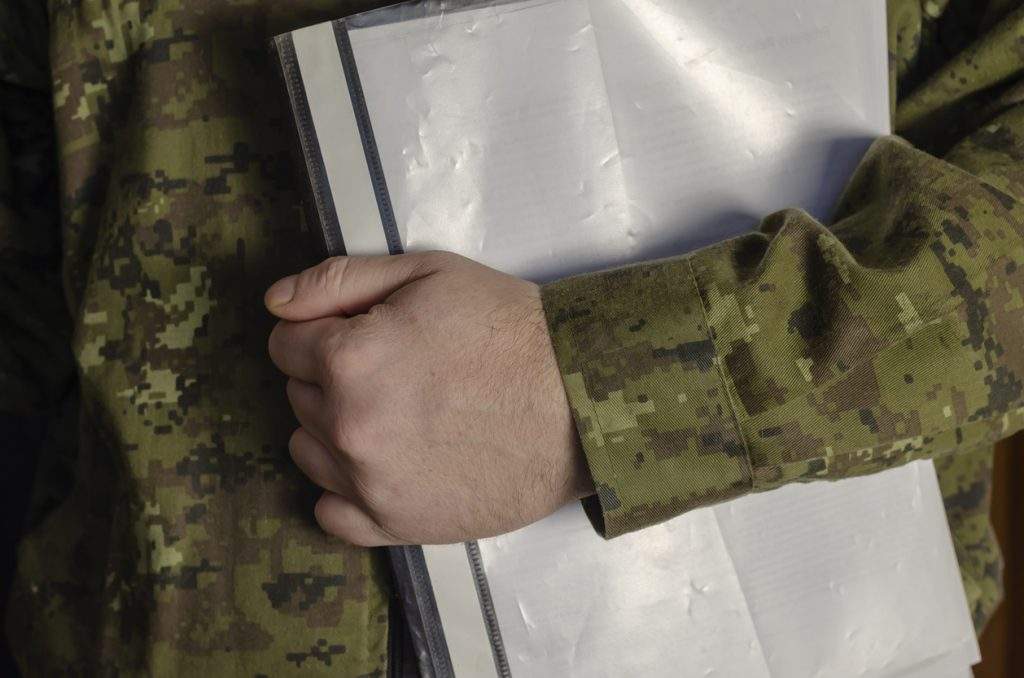What Does This Mean for Your Case?
In July 1933, President Roosevelt created the Board of Veterans’ Appeals (also known as the “Board” or “BVA”) to “provide every possible assistance” to claimants and to be the “final authority” for making decisions that would “be fair to the Veteran as well as the Government” and “resolve all reasonable doubts in favor of the Veteran.”
Almost one hundred years later, in July 2025, the Board of Veterans’ Appeals announced that it surpassed 92,000 completed appeals so far this year. “The Board’s decision productivity is the highest it has ever been,” said VA Secretary Doug Collins, with the Board “averaging nearly 2,550 decisions issued every week, and reducing the number of pending Veteran and dependent appeals to 169,747, the lowest level since September 2020.” The Board is now on track to issue the highest annual number of decisions in its history.
But what does this mean for your claim?
First, if you were avoiding an appeal to the Board because of historically long wait times, you may want to reconsider. As the Board is issuing decisions faster, it may be more advantageous to appeal to a Board judge rather than a Higher-Level Reviewer as a Board judge is typically more experienced and may consider new evidence and/or issue a hearing.
Second, the Board may make more mistakes. The Board is required to review your claims file when it makes a decision, and this file can range from a few hundred pages to tens of thousands of pages, some of which are handwritten and hard to decipher. Because the Board is now making more decisions faster than ever, it is possible for the Board to miss evidence or arguments in your claims file.
The best way to avoid the Board making mistakes is to work with your representative to make sure that the most important evidence and arguments are easily accessible and highlighted for the Board’s review.
When the Board does make a mistake, you also have the right to appeal by doing one of the following:
- File a Notice of Appeal with the Court of Appeals for Veterans Claims: If the Board missed evidence or arguments in your file, or the Board misapplied the law, you should consider appealing to the Court of Appeals for Veterans Claims. You will not be able to add new evidence before the Court, but your case will go before a federal appellate Judge. To appeal to the Court, you must file the Notice of Appeal form—which can be found on the Court’s website here—with the Court within 120 days from the date on your Board decision.
- File a Supplemental Claim (VA Form 20-0995) with the VA: Filing a supplemental claim is a good option if you have new and relevant evidence to add to your file. New evidence is information the VA hasn’t considered before and relevant evidence is information that proves or disproves something in your claim. Once you secure this evidence, you should submit it as soon as possible. As of June 2025, the average time for the VA to complete a Supplemental Claim for disability compensation or pension benefits was 94.9 days. Also, if you disagree with the outcome of the Supplemental Claim, you can appeal that new decision to the Board.
If you are not sure of the status of your claim at the VA or the Board, you can call the Board status line at 800-827-1000 or check online through the VA’s website.
Although it is good news that wait times are decreasing for veterans who have appealed to the Board, it is important to work with your representative to prepare your claim for the Board’s review and consider appealing the Board’s decision when the Board makes an error.
Let Vets National help
An accredited representative can assist you in building your case for the Board and appealing the Board’s decision, when necessary. We are here to help!
Connect with us, at 877-777-4021, and let’s work together to help you get the benefits you deserve.






